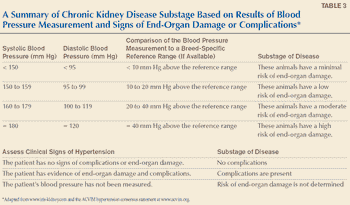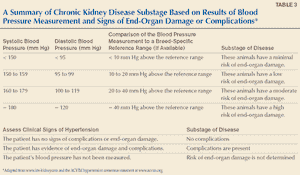
To provide optimal treatment for dogs and cats with chronic kidney disease, you'll need to thoroughly evaluate the animal and diligently monitor the natural course of the disease as well as the patient's response to intervention.

Dr. Polzin is a professor at the University of Minnesota College of Veterinary Medicine. He received his veterinary degree from the University of Illinois College of Veterinary Medicine in 1975. He completed an internal medicine residency at the University of Georgia College of Veterinary Medicine in 1981 and is a diplomate of the American College of Veterinary Internal Medicine. Later that year, Dr. Polzin returned to the University of Minnesota to complete his doctorate in veterinary medicine. He is a distinguished author and speaker.

To provide optimal treatment for dogs and cats with chronic kidney disease, you'll need to thoroughly evaluate the animal and diligently monitor the natural course of the disease as well as the patient's response to intervention.

Do you sometimes detect protein in a sick patient's urine or even on routine testing in a seemingly healthy patient and you're not sure what to make of it?

Published: December 1st 2007 | Updated:

Published: December 1st 2007 | Updated: